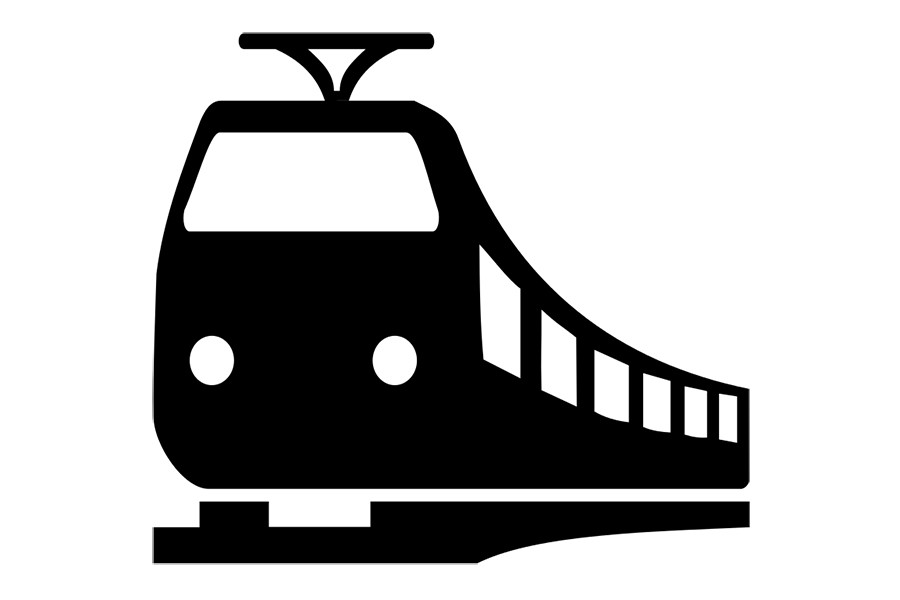At a time when the government is committed to bring entire Bangladesh including riverine Barisal under railway network, the Bangladesh Railways' (BR) utilization of only ten per cent of this year's ADP allocation, as reported by this newspaper, is a disquieting development. Even half-yearly performance of the railway was 13 percentage point lower than that of the same period of last fiscal year. It means most of the projects could not be undertaken during the first half of the current fiscal. Such a failure comes despite the prime minister's firm assurance that she would deliver on the promise to take the railways all the way to Barisal Division in southern Bangladesh. She said her government is giving importance to railway as it is a mode of low-cost transport of people and goods. As per her plan, trains will run in phases to popular tourism haunt Kuakata in Patuakhali, new seaport Payra and Mongla Port in Khulna.
On the other hand, poor financial management of the BR led to almost zero progress of four foreign-aided projects during the period between July and December. It could not make any headway in signing a loan agreement or awarding contracts to start implementing those projects. Added to all these is acute shortage of skilled manpower. It indeed makes a sad commentary on the state of affairs that economic and non-economic factors were behind non-development and destruction of railway sector in Bangladesh since independence where highways were given priority.
But then railway is the most viable mode of transport than others with regard to energy consumption, pollution, climate change, goods transportation, accidents and loss of lives by transports, use of land and reduction of pressure of inhabitants from the metropolis. Bangladesh has a chance to uplift its economy through railway communication as it is more cost-effective than any other modes of transport for mass people.
According to a projection by the BR, if the ongoing development projects could be completed within the stipulated time, the number of daily train passengers would have risen to 5,00,000 from 2,50,000 after two years. All the 64 districts will eventually come under the railway network on implementation of the BR's expansion projects. Currently, there are 53 such expansion projects under the Railway's annual development programme and 46 of those are investment ones. The country will be able to experience substantial changes in the railway sector once the projects are completed. A master plan from 2010-2030 was undertaken, but it was recently revised till 2046.
The railway sector has been largely ignored and neglected since the independence of the country. Different organisations owe a total amount of Tk 120.00 billion to BR in unpaid costs for carriage of goods. Along with budget constraints, the railway is also weighed down with various other problems which diminish the immense potential of this sector. Past governments and policymakers concentrated on developing road networks rather than harnessing the potential of the railway sector. It is now time top priority was given to execution of all railway projects so that movement of passengers and cargoes became speedy, cost-effective and safe.


